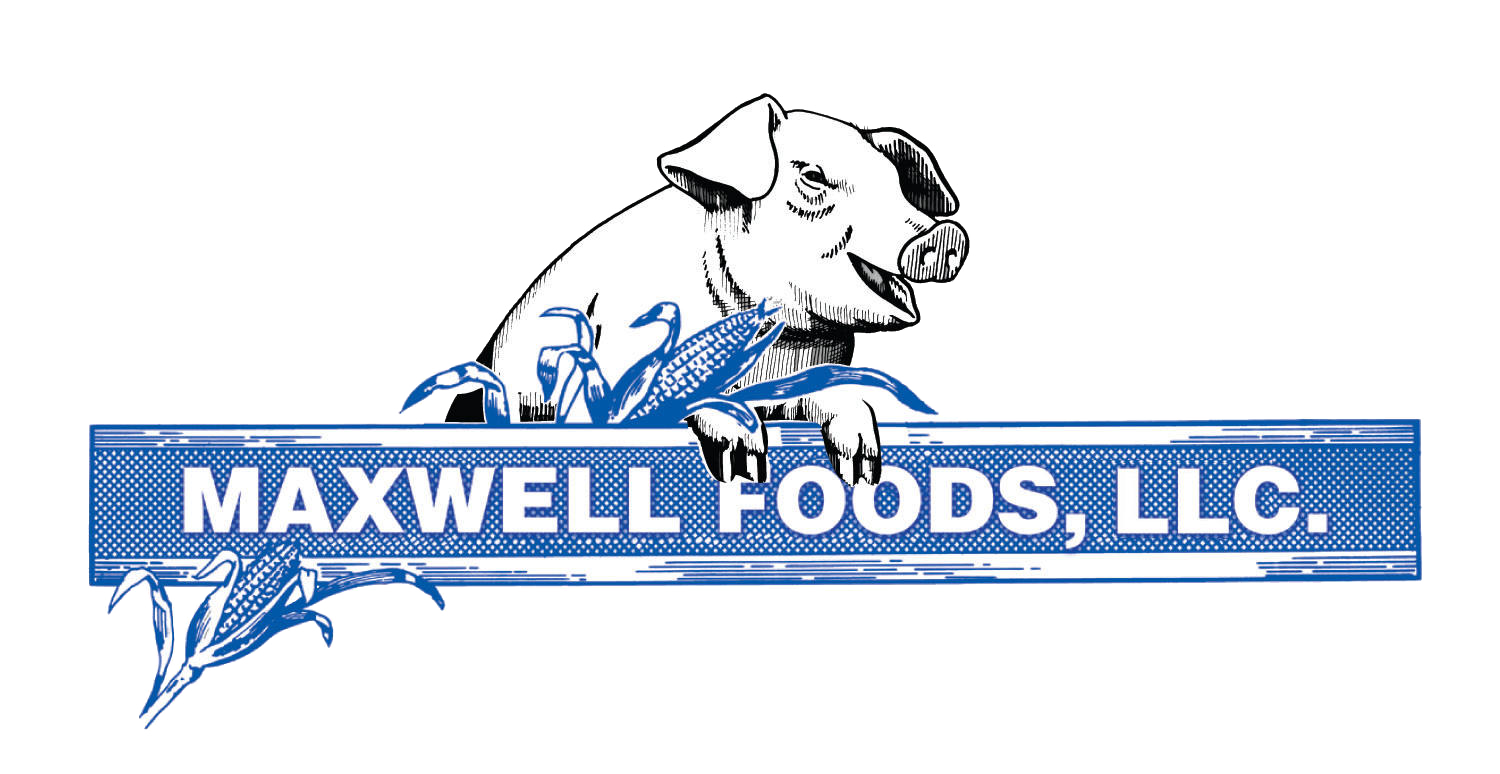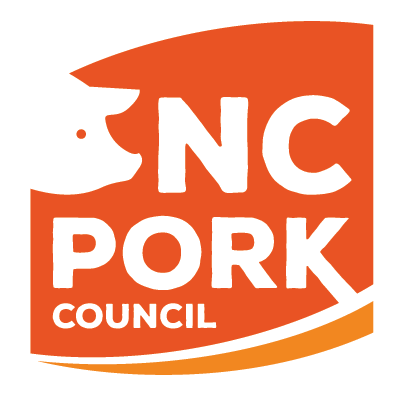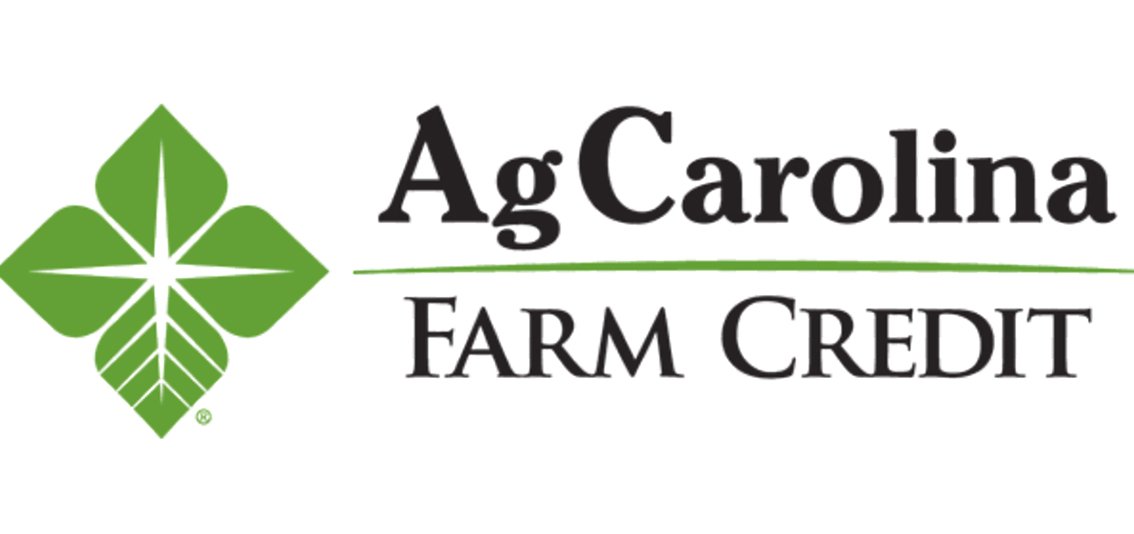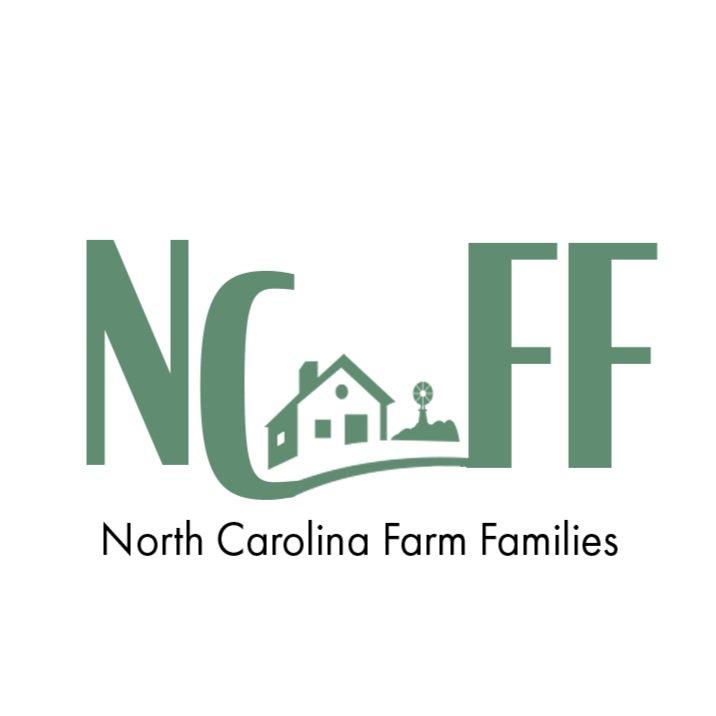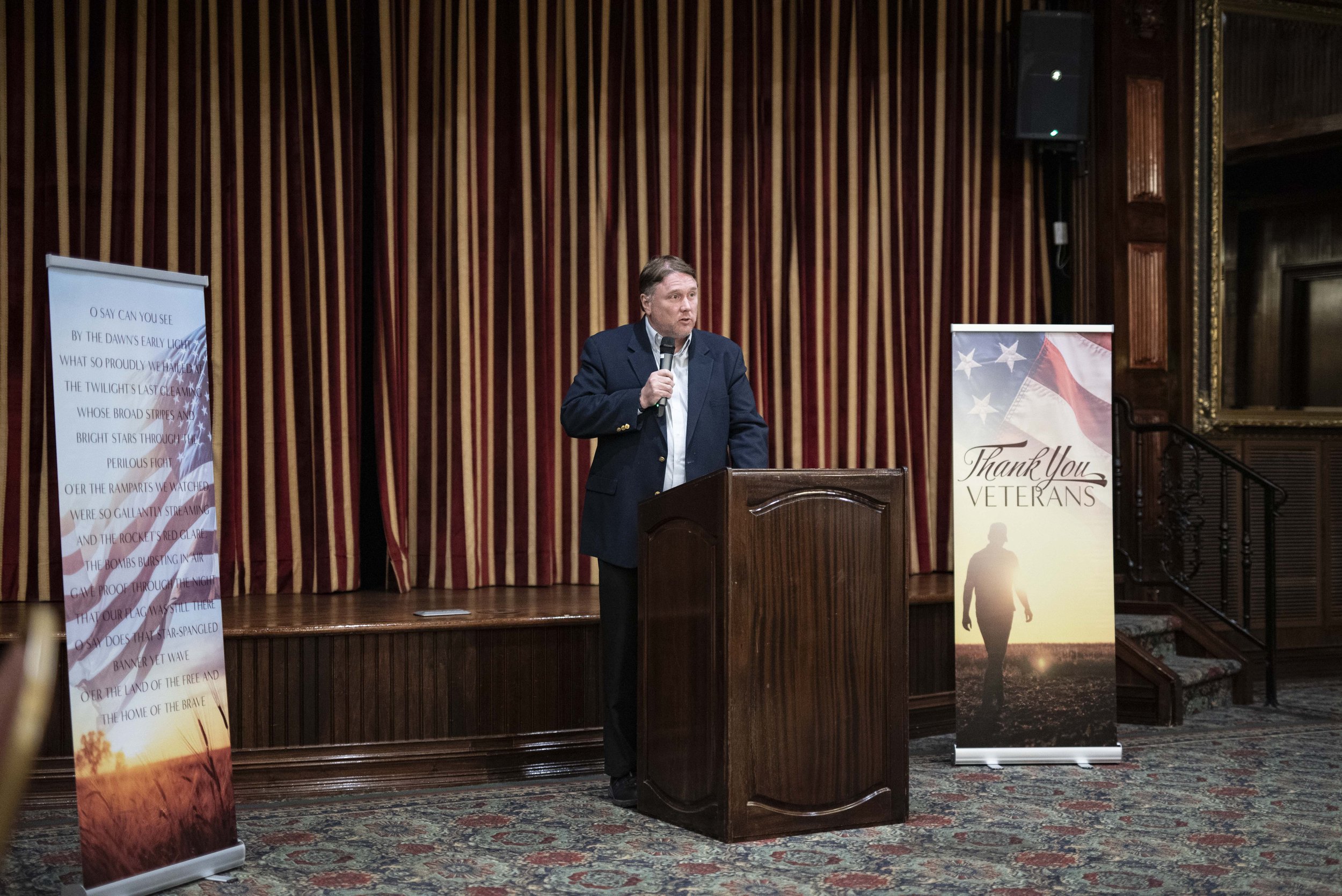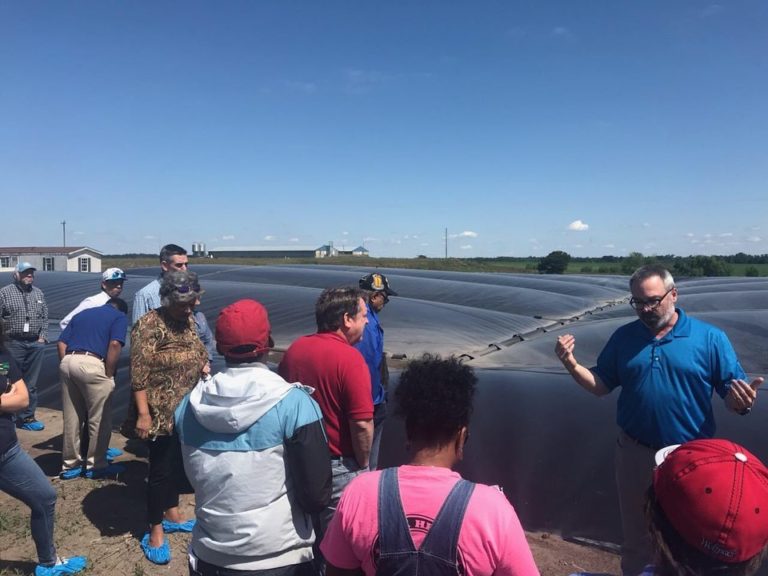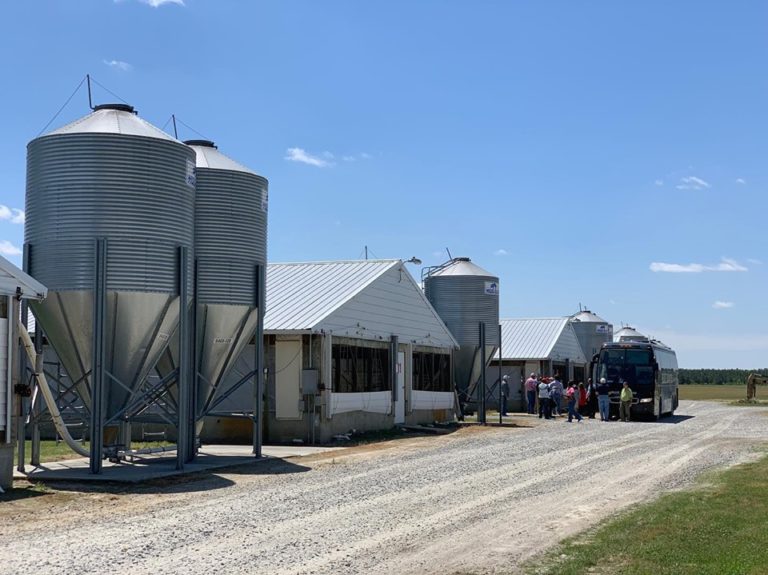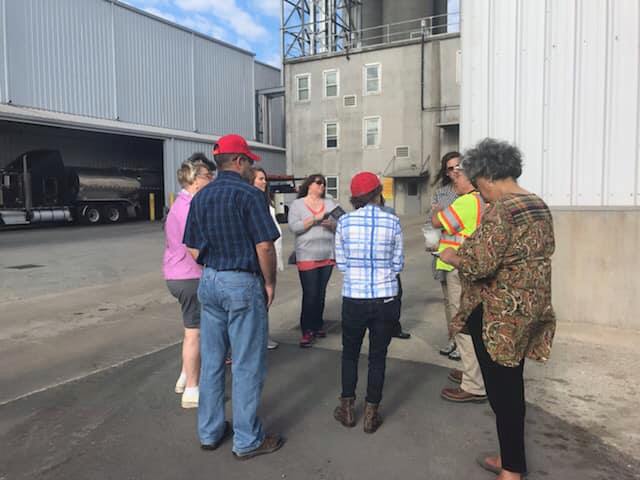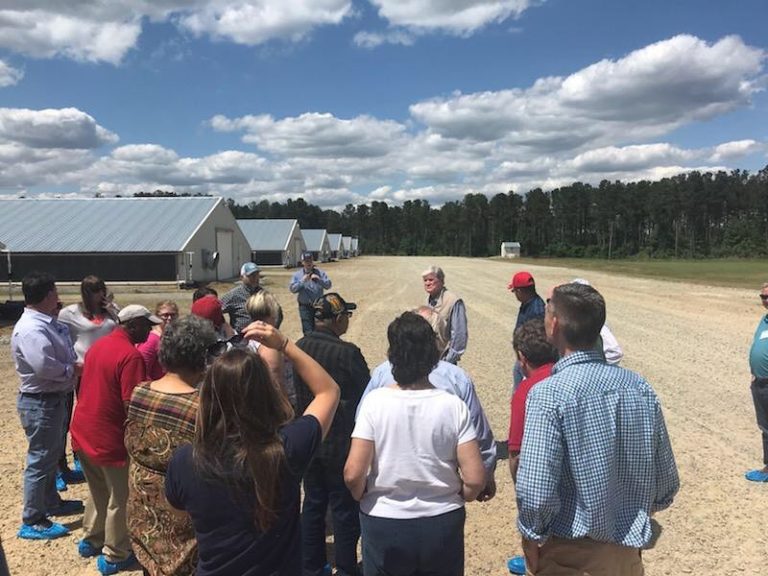On November 2, NC Farm Families and AgCarolina Farm Credit co-hosted a special dinner for veterans in the community. The evening was held at the Mad Boar in Wallace where veterans and guests were treated to a plated dinner. Over 30 veterans attended, representing every branch of military.
We were pleased to have East Duplin High School JROTC members present colors and begin the event with the pledge of allegiance.
Students from B.F. Grady Elementary School in Duplin County sent handmade cards for veterans in attendance. These cards were touching and meant a lot to attendees.
Andy Curliss, National Director for Strategic Initiaves for SAS brought the keynote speech where he shared stories of veterans in his heritage and life.
In addition to veterans, special guests included: Representative Edward Goodwin and Representative Jimmy Dixon.
This event would not have been possible without our sponsors. AgCarolina Farm Credit was our event sponsor. AgCarolina provides credit to farmers and mortgages for rural homeowners in 46 counties across central, eastern, and southeastern North Carolina. We were very grateful to have Tri-County EMC, Hog Slat, and Smithfield Foods as table sponsors. We also want to thank NC Pork Council, Murphy Family Ventures, Prestage Farms, Align RNG, and Maxwell Foods for their support.
Agriculture is the number one industry in North Carolina. We have more than 45,000 farms across the state, and the vast majority of those are run by farm families. Just as North Carolina is major player in the world of agriculture, our state is also a leader when it comes to the military. We have eight military bases here, and more than 122,000 active duty and reserve members of the military living in North Carolina. That puts us at #4 in the nation.
We were proud to be able to honor and serve our veterans in the community. Thank you to everyone who came and had a hand in making it happen.
And thank you veterans for your sacrifices. Words are never enough.



